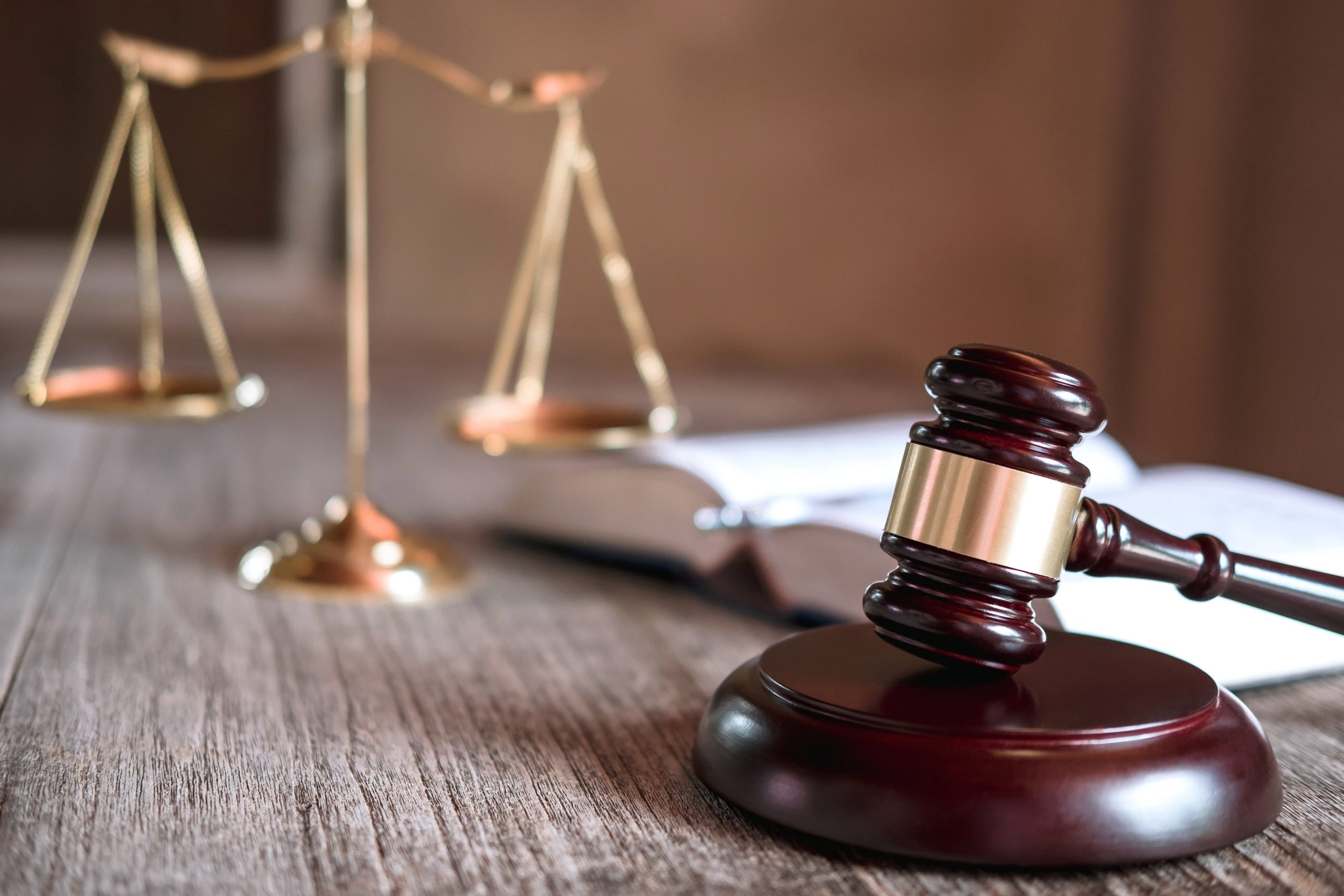I am studying in the third year of the State University of Economics and Technology.I specialize in contractual, economic and corporate law, in particular, I provide consultations and write articles.
The beginning of the investigation is considered the moment of entering information about offenses in the ERDR. After entering the information, the registration and subsequent investigation of the criminal incident begins. This process includes the collection of evidence, the summoning of witnesses, the execution of investigative actions and other criminal procedural actions necessary to establish the circumstances of the case. Thus, in accordance with the provisions of part 2 of article 214 of the Code of Criminal Procedure, the information entered in the ERDR determines the moment of initiation of a pre-trial investigation in Ukraine. Correspondingly, the conduct of investigative actions is not allowed to enter information about the commission of an offense in the Register and the initiation of a pre-trial investigation, except in some cases.
Information in the register can be entered:
Bodies of pre-trial investigation: These include investigators: DBR, National Police, security agencies, etc. They are obliged to enter information about criminal offenses in the ERDR for the purpose of registration for further investigation.
Prosecutor: One of the subjects authorized to enter the summary in the ERDR is directly the prosecutor as a procedural supervisor. Together with the introduction, the joint prosecutor is also obliged to contact the pre-trial investigation body no later than 5 working days, taking into account the relevance of the materials available to him, and instruct him to conduct a pre-trial investigation.
Source of information:
It is extremely important that the source of obtaining information about the committed criminal offense provides an opportunity to receive a summary of the circumstances of the committed offense, cited by the victim, the applicant. In particular, such a statement must be included in the ERDR. A relevant official (investigator, prosecutor) can independently identify a committed offense or receive information about it, for example, in the form of a written or oral statement. Verbal statements or messages can be recorded by law enforcement officers and then properly processed. Written statements usually require a formal presentation and may contain more detailed information about the offense or event. It is important that any report contains enough information for law enforcement to begin an investigation. This may include a description of the event, an indication of the time and place of the incident, an analysis of other circumstances, as well as any available information about potential witnesses or suspects. It should also be taken into account that oral statements must be recorded in the protocol of acceptance of a statement about a committed criminal offense. The application acceptance protocol contains its details, such as the name and contact details of the applicant, a description of the event or offense, the time and place of the incident, as well as any other important information that was provided.
Appeal of non-entering of details in ERDR:
Information is entered by authorized persons within 24 hours, and within the same period from the moment of entry, the applicant is provided with an extract confirming the fact of entry and opening of proceedings. If, according to the application, the information was not entered in the Register, as required by Art. 214 of the Criminal Procedure Code, the applicant has the opportunity to appeal the inaction of the investigator, the prosecutor in accordance with Art. 303 of the Code of Criminal Procedure. In particular, a person must file a complaint with the investigating judge within 10 days from the moment of failure to submit the information. It is important not to violate the specified term, because otherwise the complaint will not be considered. After receiving the complaint, the investigative judge must consider it within 72 hours. A mourner must be present at the hearing.
Consultation of a criminal lawyer at the stage of pre-trial investigation:
A lawyer in criminal cases will collect evidence, accompany during investigative actions, appeal against illegal actions, inaction, and form a defense strategy. When choosing a measure of restraint, a lawyer in criminal cases will take into account all the circumstances, point them out to the investigating judge, the court, and if there are grounds, submit a petition, complaint, conduct a legal analysis of the situation, analysis of documents, etc. Consequently, a lawyer in criminal cases plays an exceptional role, ensuring full support of his client at each of the stages.





























